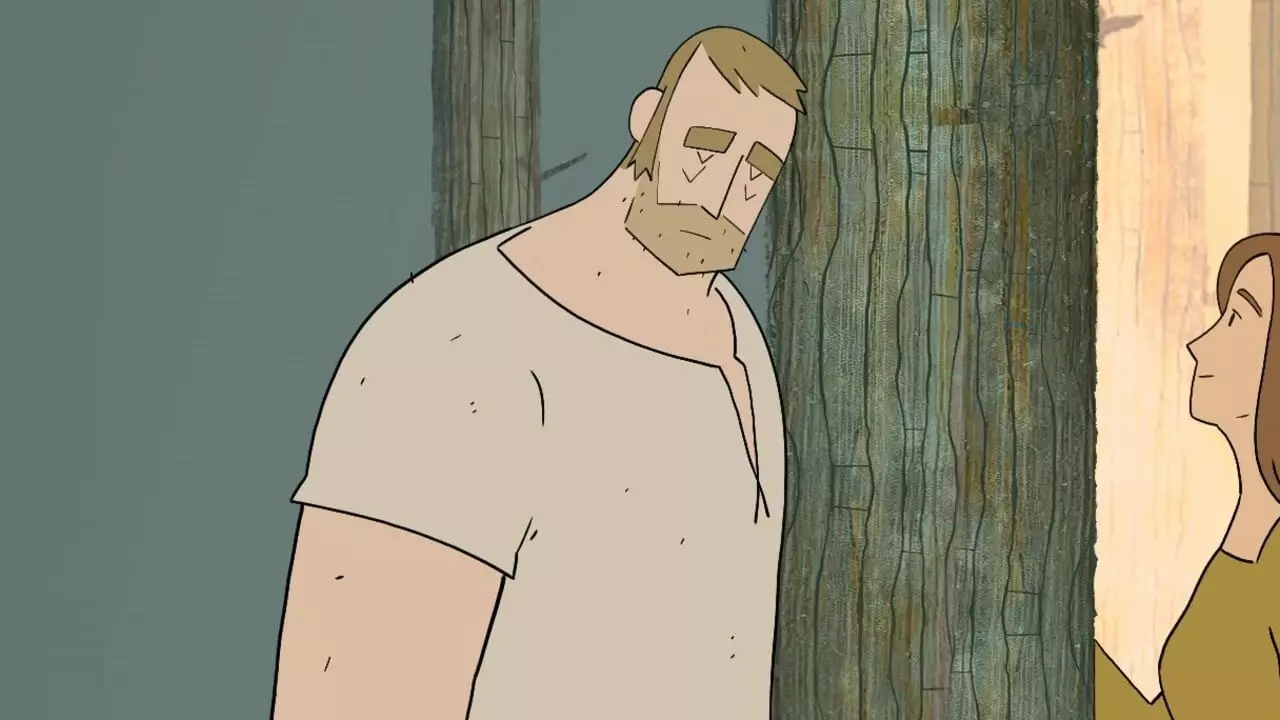The term “game” deceptively conjures images of carefree fun, laughter, and light-hearted competition. However, within the realm of video games, there are titles that venture far beyond playful interactions, delving into somber narratives and emotional depth. One such title is “Pine,” subtitled “A Story of Loss.” This game deviates markedly from conventional gaming experiences. While titles like “Arise: A Simple Story” entice players with whimsical platforming and vibrantly colorful landscapes, “Pine” presents a contemplative, introspective journey steeped in themes of grief and resilience.
At its core, “Pine” features a solitary protagonist—a nameless man who resides in an isolated forest clearing. His life revolves around essential tasks: chopping wood for warmth, cultivating a modest garden to sustain himself, and crafting delicate carvings of a lost love. Such activities embody the mundane realities of existence, reflecting an overarching theme of emotional struggle. Unlike many games that prioritize fast-paced action, the gameplay mechanics of “Pine” lean heavily towards a minimalistic approach that intentionally lacks complexity.
Players engage with the environment primarily through touch gestures, simulating actions like swinging an axe and tending to crops. While this design choice aims at greater immersion, it risks becoming repetitive and even tedious as players perpetually execute the same motions. Those who opt for traditional controller inputs may find themselves disappointed, as the interactions feel downgraded to simplistic button-mashing, hence contradicting the depth of the narrative being portrayed.
Despite its gameplay limitations, “Pine” shines in its artistic presentation. The visuals are captivating, transporting players into a meticulously crafted world that embodies the protagonist’s emotional state. The organic fluidity of the artwork blends harmoniously with a haunting soundtrack that accentuates the game’s poignant themes. Melodic undertones swell and recede, echoing the protagonist’s internal battles with loss and yearning.
This combination of visual beauty and evocative soundscapes invites players to engage in a more profound experiential engagement. Each note and brushstroke serves as a reminder of the solitary journey that unfolds, underscoring the essence of grief—one that emerges slowly and with difficulty, akin to the process of healing after loss.
Notably, “Pine” seems to embrace monotony as a critical facet of its narrative. The gameplay gradually evolves into an almost animated experience, where player agency becomes reduced to executing a few button presses amidst prolonged sequences of atmospheric storytelling. Such pacing underscores the emotional gravity of living with grief: sometimes existing can feel like a never-ending cycle of merely surviving rather than genuinely living.
However, for some players, this execution of mundane actions might inadvertently distance them from the deeper themes inherent in the game. The narrative suggests that, while one must confront and eventually come to terms with loss, there’s an inherent danger in viewing it as merely a phase to be moved past. This perspective, if taken too literally, may diminish the complexity of the grieving process, presenting instead an oversimplified message about forgetting rather than integrating pain into the journey of life.
The Verdict: A Meditative Experience
“Pine” stands apart in a landscape inundated with action-packed adventures. It occupies that delicate space between visual art and interactive storytelling, demanding both patience and introspection from its audience. For players who are willing to immerse themselves in its melancholy exploration of sorrow and acceptance, “Pine” offers a unique viewpoint worth experiencing. Yet, for those looking for a light-hearted escapade, it risks feeling more like the world’s saddest gardening simulator than a compelling narrative.
Ultimately, “Pine” distinguishes itself not by how it plays, but by what it makes players feel. By reflecting on the profound effects of loss and the journey toward acceptance, it invites a nuanced conversation about grief—a theme that resonates on personal levels for many. Whether it becomes a memorable experience or a missed connection ultimately rests in the perspective of those who choose to step into its world.

